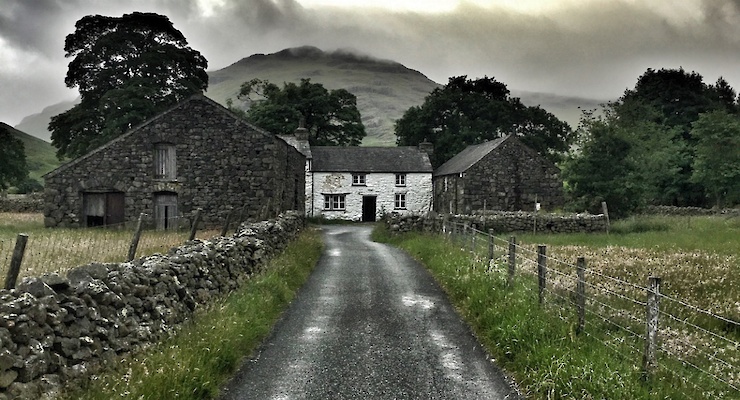


Head of Content

Mortgage Advisor & Director
What is a granny annexe?

An annexe is a self-contained living area separate to the rest of the living space, generally either in the garden or attached to the house.
Also termed a granny annexe, they are popular with families who are keen to have their elderly relatives close by, and can be more cost-efficient than nursing or care homes.
Can I get a mortgage on a house with a granny annexe?
Choosing to buy a house with an annexe is a popular choice for people with older relatives.
There are plenty of properties available for those looking for a house with additional space. However, there can be added complexity in getting a mortgage for these homes. At Teito, we help people to get mortgages on homes with annexes and can support you to get the best deal possible as a whole-of-market broker.
Who will own the property?
Before moving forward with the purchase of a granny annexe property, you must establish who will buy and own the property.
Assuming all parties are contributing, sharing the ownership of the property fairly can take careful consideration and legal input.
Lenders can be reluctant to lend to people past a certain age and will look to the younger tenants ability to repay the mortgage on their own. There are specialist lenders who are prepared to lend to older people. Our advisors can help, complete our simple online form today to get started.
Joint tenancy
If you decide that you will own the property equally with your relative/s, this is known as joint tenancy.
This means that when one of the 'tenants' dies, the remaining share is split equally between the other tenants.
Tenants in Common
Under a 'tenants in common' arrangement, you and the other parties own a fixed share in the property.
For example, if the property was worth £300,000 and you contributed £240,000, and your relative contributed £60,000, you would own 80%, and your relative would own 20%. If one of the tenants passes away, their share is inherited by a named beneficiary; not necessarily the other tenant, who can then sell their share on if they choose.
You must ensure you are comfortable with this eventuality if you consider this option.
Buying alone
If you are buying a house alone, this is known as a sole mortgage.
You will own the main property and the annexe. Lenders may have concerns around affordability with this option, particularly if the person living in the annexe is classed as a dependant.
Lenders will look to stress test the sole mortgage holder to ensure that they can maintain repayments along with bills and any other expenses that arise from looking after the dependant.
How much deposit will I need?
The amount of deposit you will need will take into account many factors.
Generally, you can expect to contribute between 5 to 40% of the value of the property as a deposit. Lenders are different, and the amount you will add will depend on your credit history, the age of the applicants, the value and type of the property, and the rates you are looking to achieve.
How can I learn more?
Our advisors have helped many people to get a mortgage on a property with an annexe.
Our advisors have access to deals not available to the general public, including those with specialist lenders. We can guide you through the process without any hassle. Getting started is easy, complete our simple online form, and one of our advisors will be in touch.
Choosing an Adviser
Selecting a qualified and experienced mortgage adviser is of great importance. To choose a suitable adviser, evaluate their qualifications, experience, and reputation, and ensure they are regulated by the Financial Conduct Authority (FCA).
Read reviews from previous clients and make sure they provide a clear explanation of the products and services they offer, as well as the fees and charges associated with them.

Get your mortgage in principle certificate in 5 minutes
Last updated 29 February 2024





























































